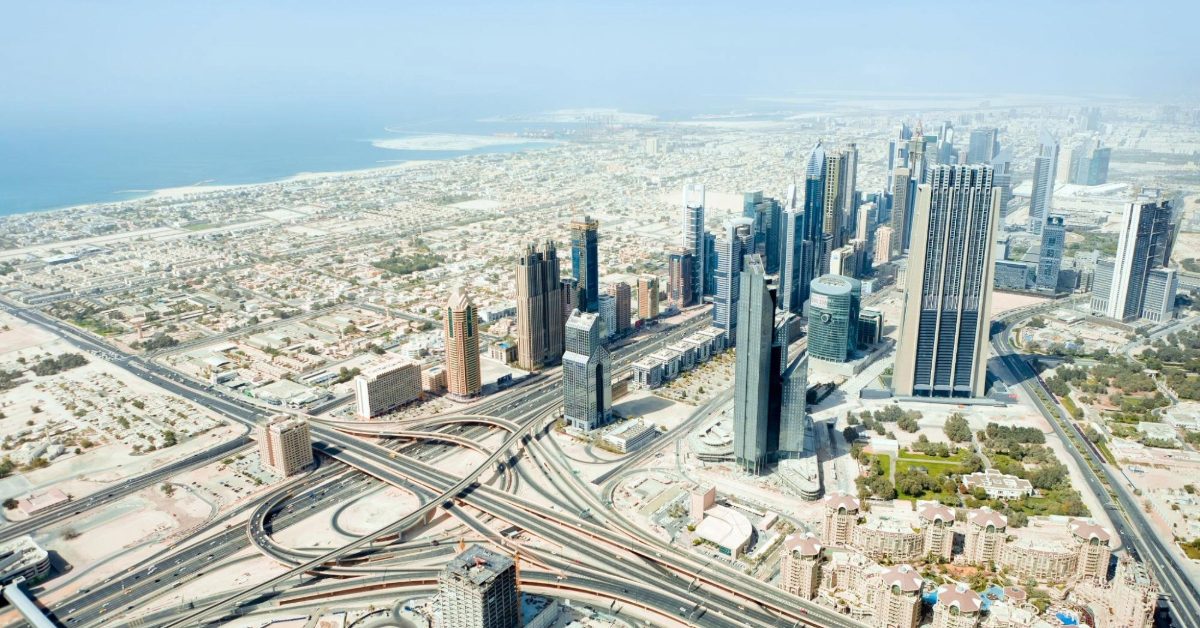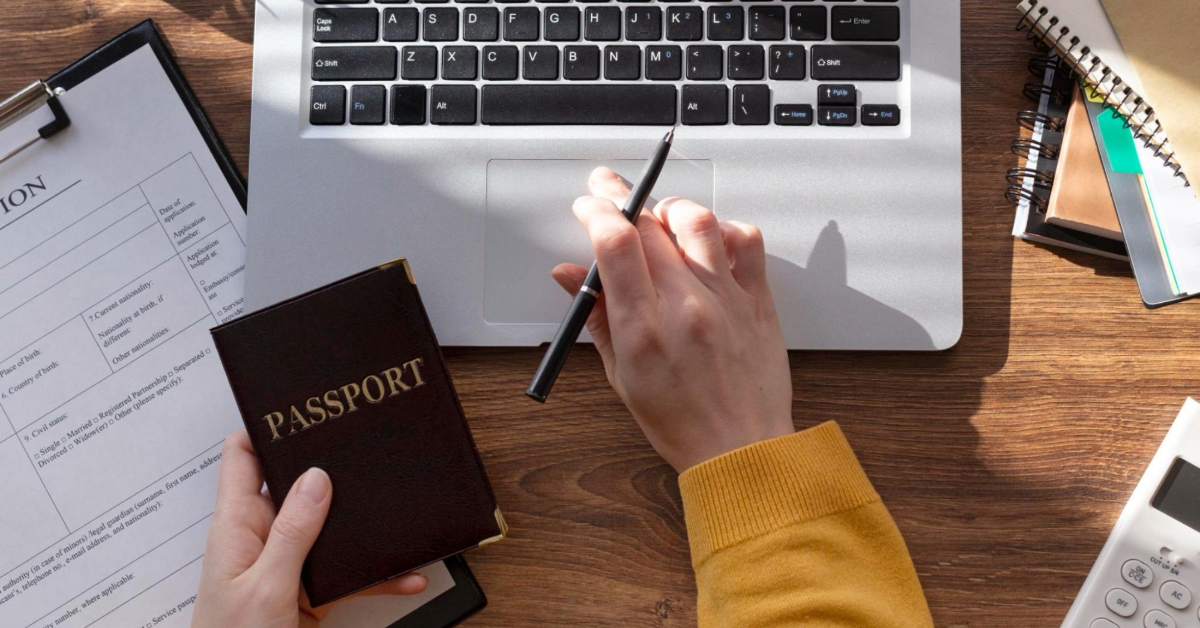A UAE residency visa is more than a stamp in your passport—it’s your gateway to living, working, and building a life in one of the world’s most dynamic countries. Whether you’re employed, self-employed, investing, or reuniting with family, the UAE offers multiple routes to secure long-term residence and enjoy benefits like tax-free income, global mobility, and access to essential services.
This guide covers:
- Overview of UAE residency visas
- Types of UAE residency visas
- General requirements
- Step-by-step application process
- Detailed eligibility by visa type
- Costs and fees
- Renewal & cancellation rules
- Comparison table
- Key takeaways
- Frequently asked questions
Overview of UAE residency visas

A UAE residency visa allows foreigners to legally live, work, or study in the country while enjoying re-entry privileges. Depending on the category, these visas are typically valid from 1 to 10 years and can be renewed upon expiry.
Key benefits include:
- Legal right to live and work in the UAE
- Ability to open bank accounts, lease property, and access healthcare
- Multiple-entry travel in and out of the UAE
- Sponsorship privileges for family members
Types of UAE residency visas
The UAE offers a variety of residency visas to suit different needs, from employment and business to investment and family sponsorship. Each type comes with specific eligibility criteria, benefits, and validity periods to match your circumstances.
Employment visa
Issued to individuals employed by UAE-based companies. The employer acts as the sponsor and manages most documentation.
Validity: 2–3 years
Requirements:
- Valid job offer or labour contract
- Passport copies, photos, and entry permit
- Medical exam and Emirates ID registration
Freelance and Remote Work Visa (Virtual Work Residence Visa)
Designed for professionals working remotely for foreign companies or self-employed individuals.
Validity: 1–2 years
Requirements:
- Proof of employment or self-employment outside the UAE
- Minimum monthly income of USD 3,500
- Business license (for freelancers) and valid health insurance
Investor Visa
Ideal for property owners and investors seeking long-term residency.
Validity: 2 years (standard), 10 years (Golden Visa)
Requirements:
- Property ownership worth AED 750,000 or more
- Title deed and proof of funds
- For 10-year visa: property valued at AED 2 million+
Business or Entrepreneur visa
For founders or investors establishing a company in the UAE mainland or free zones.
Requirements:
- Trade license or incorporation certificate
- Proof of business activity and solvency
- Valid office lease and Emirates ID
Golden visa (long-term residency)

A premium 10-year residency offered to investors, scientists, skilled professionals, and exceptional talents.
Requirements:
- Investment of AED 2 million+ or government-recognized achievement
- Proof of financial stability and good conduct certificate
Benefits include family sponsorship, extended stay validity, and no local sponsor requirement.
Family sponsorship visa
Residents can sponsor spouses, children, and sometimes parents.
Requirements:
- Minimum income: AED 3,000–4,000 per month
- Proof of relationship (marriage or birth certificate)
- Valid tenancy contract and Emirates ID
Student residence visa
Issued to international students enrolled in UAE-accredited institutions.
Requirements:
- Offer letter from a licensed university or college
- Proof of funds and NOC from sponsor
- Health insurance and medical clearance
General requirements for UAE residency visas
Before applying, ensure you have the following:
- Passport valid for at least 6 months
- Recent passport-sized photographs
- Entry permit or visit visa
- Valid health insurance
- Completed medical test (18+ applicants)
- Proof of income or financial means
- Completed visa application and payment of applicable fees
Steps to apply for a UAE residency visa
- Enter the UAE with a valid entry permit or visit visa
- Choose your visa category (employment, family, business, etc.)
- Gather and submit all required documents
- Undergo medical examination at an approved health centre
- Apply via the General Directorate of Residency and Foreigners Affairs (GDRFA), ICP portal, or respective free zone authority
- Pay fees for application, medical test, and visa stamping
- Receive your residency visa, stamped in passport or as an e-visa
- Register for Emirates ID, including fingerprint and iris scans
Eligibility and documentation by visa type
Each UAE residency visa has specific requirements and documentation depending on your purpose of stay. Here is a comparative overview eligibility, key documents, and validity for every major visa category.
| Visa type | Eligibility | Key documents | Validity |
| Employment visa | Sponsored by employer | Labour contract, passport, photos | 2–3 years |
| Freelance/remote work | Min. USD 3,500 monthly income | Proof of income, business license | 1–2 years |
| Investor/property owner | Property worth AED 750,000+ | Title deed, proof of ownership | 2–10 years |
| Business/entrepreneur | Registered UAE company | Trade license, financial records | 2–3 years |
| Family visa | Resident earning AED 3,000–4,000/month | Marriage/Birth certs, lease | Matches sponsor |
| Student visa | Enrolled in accredited university | Offer letter, NOC, insurance | Program length |
| Golden visa | AED 2 million+ investment | Proof of investment, ID docs | 10 years |
Costs and fees
Obtaining a UAE residency visa involves various fees that depend on the visa type and services required. This section outlines typical costs for application, medical tests, Emirates ID, and additional related expenses.
- Visa application & processing: AED 3,000–7,000
- Medical test: AED 300–800
- Emirates ID: AED 370–1,070 (based on duration)
- Health insurance: varies by provider
- Additional fees: business setup, property registration, and stamping costs
Renewal and cancellation of UAE residency visa

Residency visas must be renewed before expiry. The process includes medical re-check, Emirates ID renewal, and submission of updated documents.
Important reminders:
- Staying outside the UAE for 180+ consecutive days invalidates most visas
- Overstaying incurs AED 50 per day in fines after visa expiry
- Cancellations must be completed before exiting the UAE or changing sponsors
Recent updates to the renewal process:
- Dubai has introduced Salama, an AI-powered digital platform that allows residents to renew or cancel residency visas more quickly and access instant visa-related support.
- During renewal or cancellation, residents may be prompted to review any outstanding traffic fines through integrated Dubai Police systems. While unpaid fines do not automatically block visa renewal, residents are encouraged to settle them – either in full or via an interest-free instalment plan – before completing residency-related transactions.
Comparison of main routes to UAE residency
Choosing the right residency route depends on your goals, investment capacity, and family considerations. The table below summarizes the main visa types, required investments or income, validity, key documents, and family sponsorship eligibility.
| Visa route | Min. investment / income | Validity | Key documents | Family sponsorship |
| Employment visa | — | 2–3 years | Job offer, employer sponsorship | Yes |
| Freelance/remote work | USD 3,500/month | 1–2 years | License, proof of income | No |
| Investor/property | AED 750,000+ | 2 years | Title deed, bank certificate | Yes |
| Golden visa | AED 2 million+ | 10 years | Investment proof | Yes |
| Family visa | AED 3,000–4,000/month | Same as sponsor | Relationship proofs | N/A |
| Student visa | — | Program length | School acceptance letter | No |
Key takeaways
- The UAE offers diverse residency options for professionals, investors, students, and families.
- Every visa type requires a valid passport, entry permit, medical exam, and proof of means.
- Golden visas provide long-term stability for investors and skilled talent with 10-year renewable validity.
- Property owners gain residency by investing AED 750,000 or more in real estate.
- Visa costs and timelines vary; ensure documents and health insurance are in order before applying.
Frequently asked questions
Between 1 and 10 years, depending on the visa type. Employment and family visas usually last 2–3 years, while Golden Visas offer 10-year terms.
Yes. Most residency visas allow family sponsorship, provided you meet the minimum income and housing criteria.
Yes. If you remain outside the country for over 180 days, your visa may become invalid.
Yes. All residents aged 18 and above must undergo a medical fitness test at a government-approved centre.
Standard costs range from AED 3,000 to 7,000, excluding insurance, business, or property-related expenses.
